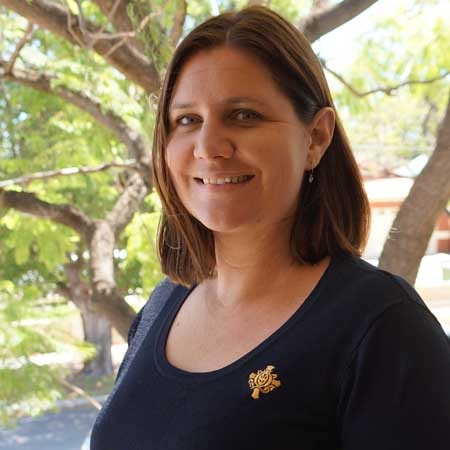First published 20 April 2021. Updated 17 January 2025
One question that patients often ask is: “what is a no gap provider?” closely followed by “how do I tell if my doctor is a no gap provider?”
Importantly, ‘no gap’ means there are no extra costs for you to pay because your doctor does not charge above the maximum limit that Medicare or your private health insurer will pay for a consultation, treatment or surgery.
What is a gap fee?
The term ‘gap fee’ is used in private health care for the amount a patient pays above what is covered by their private health insurance or Medicare. These costs are also referred to as out-of-pocket expenses.
There are two types of gap fees a patient could incur:
1. Gap fees for consultations
For initial consultations, private specialists usually charge a consultation fee, which is payable at the time of your appointment. The doctor receives a fee from Medicare for consultation and often there is an additional ‘gap’ component which you need to pay direct to the doctor.
Most post-operative consultations do not incur a fee as it is part of routine after-care.
2. Gap fees for surgery or treatment
The costs for surgery and treatment are different to those for consultations. In most cases, the amount you have to pay will be determined by your level of private health insurance but you may incur gap fees from:
- your doctor
- the hospital, such as a ‘hospital excess’ or private room fee that may be payable, this is dependent on your individual health insurance policy
- the anaesthetist
- the pharmacy
- any pathology and radiology, depending on the type of procedure.
Finding a no gap provider
To avoid this fee you can research specialists who don’t charge the gap by:
- checking with your private health insurer. A specialist may be listed as a ‘preferred provider’, ‘gap cover provider’ or similar on a private health insurer’s website suggesting that there will be no gap fees if you are a member of that health fund
- checking the doctor’s online profile on our Find a Specialist search where they may be identified as a 'no gap provider for all consultations’ (this indicates the doctor does not charge any gap fees for consultations but they may charge a gap fee for surgery or treatment)
- asking about any fees when you make an appointment so that you can get the most up to date information on the individual specialist’s fees specific to your own situation.
No gap vs known gap
The term ‘no gap provider’ is often confused with ‘known gap provider’. A ‘known gap provider’ is a specialist who charges a gap fee that is agreed with a particular health fund. It is always best to ask about fees when you book an appointment.
Always do your research
Finally, most specialists, including anaesthetists are increasingly aware of privately insured patients seeking out affordable no-gap inpatient care. In fact, specialists in the most common specialities have responded to consumer sentiment in recent years and many outstanding specialists are no-gap providers with the major health funds.
Do your research and ask questions. You will likely find that surgery in a private hospital is more affordable than you might expect.









